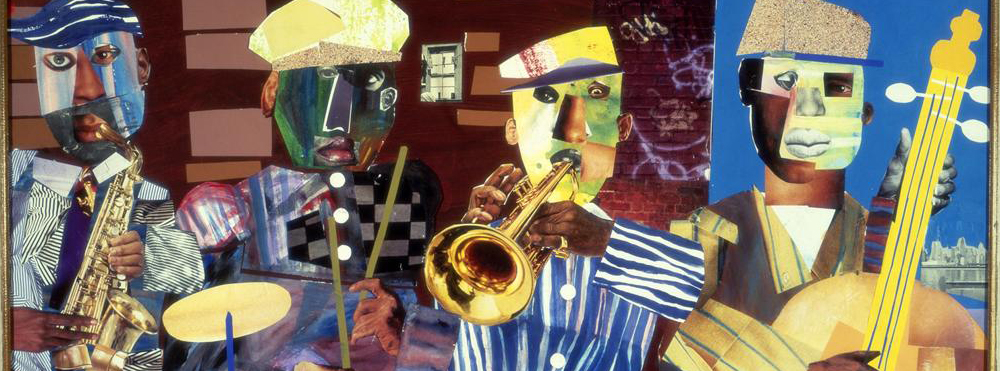Undergraduate
American Studies
What Will I be studying?
American Studies teaches students about the social institutions and cultural
expressions of the Americas including images, sounds, texts, and performances, in
their historical context.
Popular American Studies Courses:
- AMS 2230: Intro to American Studies
- AMS 2270: 20th-Century American Culture
- AMS 3930: Jazz & Civil Rights
- AMS 3930: Race & Theatre
- AMS 4804: America Today
- AMS 4930: American Wilderness
- AMS 4930: American Burlesque
- AMS 4832: Black American Cinema
- AMS 4832: The American Horror Film
Complete degree requirements are available in the USF Undergraduate Catalog.
For more information about the American Studies track of the BA in Humanities, contact the our Undergraduate Director.
